Trump says he will ‘substantially’ raise tariffs on India over Russian oil buys
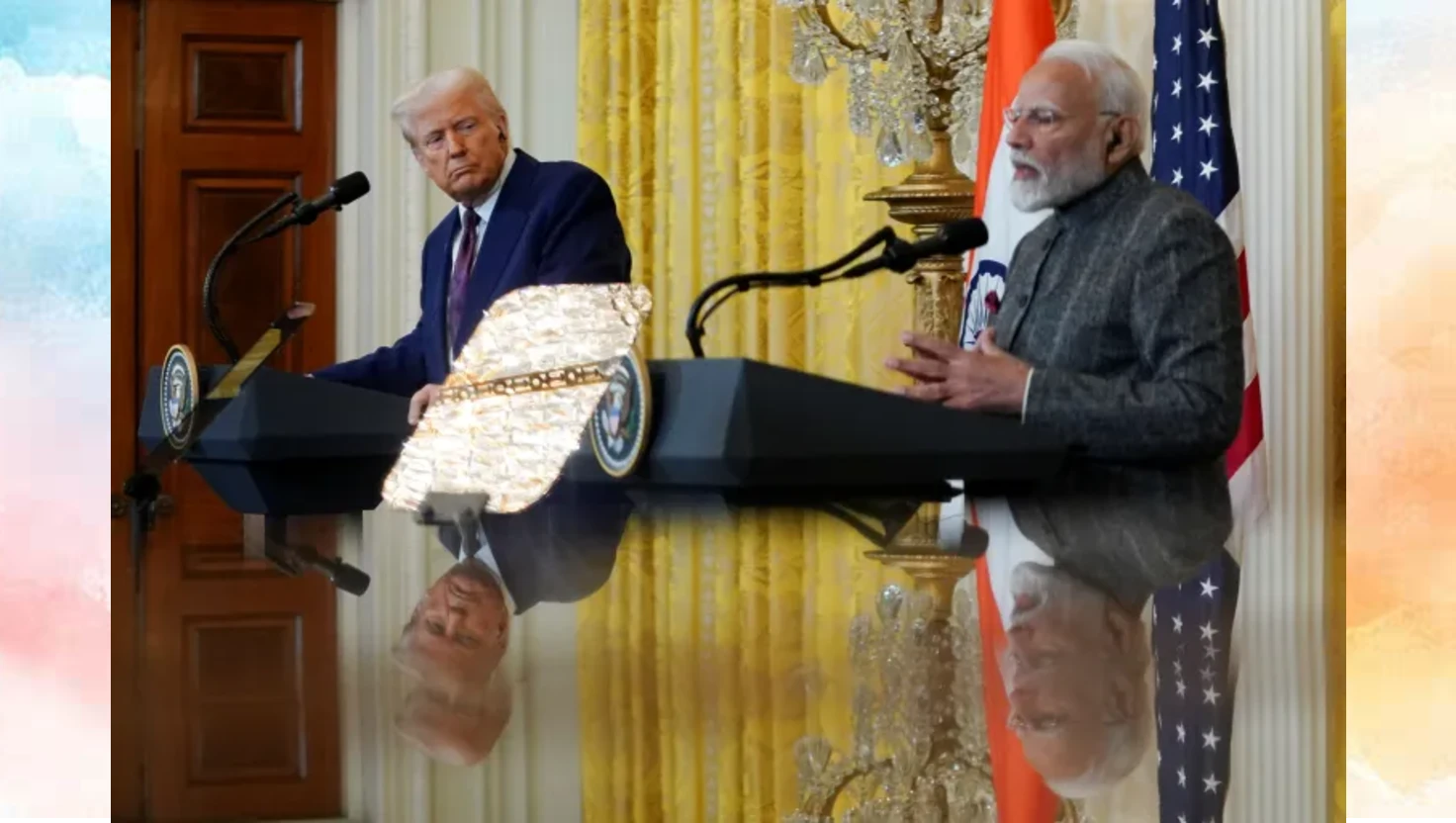
Trump says he will ‘substantially’ raise tariffs on India over Russian oil buys
Donald Trump announces plans to raise tariffs on India in response to its purchases of Russian oil, prompting a strong reaction from New Delhi.
Washington, DC - United States President Donald Trump has declared his intention to substantially increase tariffs on imports from India due to the country's ongoing purchase of Russian oil, a move the Indian government has condemned as unfair and unreasonable. On Monday, Trump accused India of buying significant quantities of Russian crude and reselling it on the open market for considerable profit. He stated, 'They don’t care how many people in Ukraine are being killed by the Russian War Machine. Because of this, I will be substantially raising the Tariff paid by India to the USA.'
The exact rate of tariff increase has yet to be revealed, but Trump's announcement follows a previous declaration of a 25% tariff on Indian imports. This action highlights rising tensions between the two countries, which have recently negotiated on various trade matters. The president's latest stance coincides with a looming deadline for Russia to reach a ceasefire agreement with Ukraine, as the US government threatens secondary sanctions on nations purchasing Russian energy products.
As part of ongoing trade disputes, India's Ministry of External Affairs responded sharply to Trump’s remarks, emphasising that the targeting of India was both unjustified and unreasonable. Officials noted that the US and European nations also continued trade with Russia, suggesting that criticism directed at India's dealings was hypocritical. The Ministry stated, 'India's imports are meant to ensure predictable and affordable energy costs to the Indian consumer and are a necessity compelled by global market conditions.'
Since the onset of the Ukraine conflict in 2022, India has emerged as a significant buyer of Russian crude, motivated by discounted prices. Data from Bloomberg indicates that India is currently purchasing an average of approximately 1.7 million barrels of Russian oil daily. In the first half of 2023, India also exported about 1.4 million barrels of refined fuels each day, a significant portion of which may originate from Russian crude, although pinpointing exact quantities proves challenging due to mixed refinery outputs.
Despite the pressures from Washington, India's government has signalled its intention to pursue ongoing consultations with US officials in hopes of negotiating lower tariffs. Potential strategies include increasing natural gas purchases from the US and boosting imports of technology and precious metals. India’s trade surplus with the US—a point of contention for the Trump administration—stood at roughly $43 billion last year, according to the International Monetary Fund. However, there are hurdles to these discussions, particularly regarding sensitive sectors like agriculture.
Relations between Prime Minister Narendra Modi and Trump have soured recently, with Trump's earlier threats to restrict access to US markets following regional tensions between India and Pakistan further complicating diplomacy. Modi's administration, while facing international scrutiny, maintains that its bilateral relationships must be respected independently of external pressures.
Commentators believe that any disruption in Indian oil purchases from Russia may compel the nation to seek alternative energy supplies. Recently, India's largest oil processor made unexpected purchases of crude from the US and the United Arab Emirates, hinting at the potential for diversifying sources of fuel.
In an ongoing conflict characterised by geopolitical friction, India must now navigate a fine line between maintaining economic stability and managing international relations amid rising tensions surrounding the war in Ukraine. Trump has indicated willingness to impose harsher measures against countries perceived as facilitating Russia's war efforts, signalling that the situation may continue to escalate unless a resolution is reached.
Lastly, the Indian government, in response to Trump’s tariffs, has reiterated its commitment to safeguarding its own economic interests in a complex global supply chain. As debates around energy security and international trade intensify, both nations stand at a crossroads that could redefine their commercial and political relationship in the coming years.
The exact rate of tariff increase has yet to be revealed, but Trump's announcement follows a previous declaration of a 25% tariff on Indian imports. This action highlights rising tensions between the two countries, which have recently negotiated on various trade matters. The president's latest stance coincides with a looming deadline for Russia to reach a ceasefire agreement with Ukraine, as the US government threatens secondary sanctions on nations purchasing Russian energy products.
As part of ongoing trade disputes, India's Ministry of External Affairs responded sharply to Trump’s remarks, emphasising that the targeting of India was both unjustified and unreasonable. Officials noted that the US and European nations also continued trade with Russia, suggesting that criticism directed at India's dealings was hypocritical. The Ministry stated, 'India's imports are meant to ensure predictable and affordable energy costs to the Indian consumer and are a necessity compelled by global market conditions.'
Since the onset of the Ukraine conflict in 2022, India has emerged as a significant buyer of Russian crude, motivated by discounted prices. Data from Bloomberg indicates that India is currently purchasing an average of approximately 1.7 million barrels of Russian oil daily. In the first half of 2023, India also exported about 1.4 million barrels of refined fuels each day, a significant portion of which may originate from Russian crude, although pinpointing exact quantities proves challenging due to mixed refinery outputs.
Despite the pressures from Washington, India's government has signalled its intention to pursue ongoing consultations with US officials in hopes of negotiating lower tariffs. Potential strategies include increasing natural gas purchases from the US and boosting imports of technology and precious metals. India’s trade surplus with the US—a point of contention for the Trump administration—stood at roughly $43 billion last year, according to the International Monetary Fund. However, there are hurdles to these discussions, particularly regarding sensitive sectors like agriculture.
Relations between Prime Minister Narendra Modi and Trump have soured recently, with Trump's earlier threats to restrict access to US markets following regional tensions between India and Pakistan further complicating diplomacy. Modi's administration, while facing international scrutiny, maintains that its bilateral relationships must be respected independently of external pressures.
Commentators believe that any disruption in Indian oil purchases from Russia may compel the nation to seek alternative energy supplies. Recently, India's largest oil processor made unexpected purchases of crude from the US and the United Arab Emirates, hinting at the potential for diversifying sources of fuel.
In an ongoing conflict characterised by geopolitical friction, India must now navigate a fine line between maintaining economic stability and managing international relations amid rising tensions surrounding the war in Ukraine. Trump has indicated willingness to impose harsher measures against countries perceived as facilitating Russia's war efforts, signalling that the situation may continue to escalate unless a resolution is reached.
Lastly, the Indian government, in response to Trump’s tariffs, has reiterated its commitment to safeguarding its own economic interests in a complex global supply chain. As debates around energy security and international trade intensify, both nations stand at a crossroads that could redefine their commercial and political relationship in the coming years.
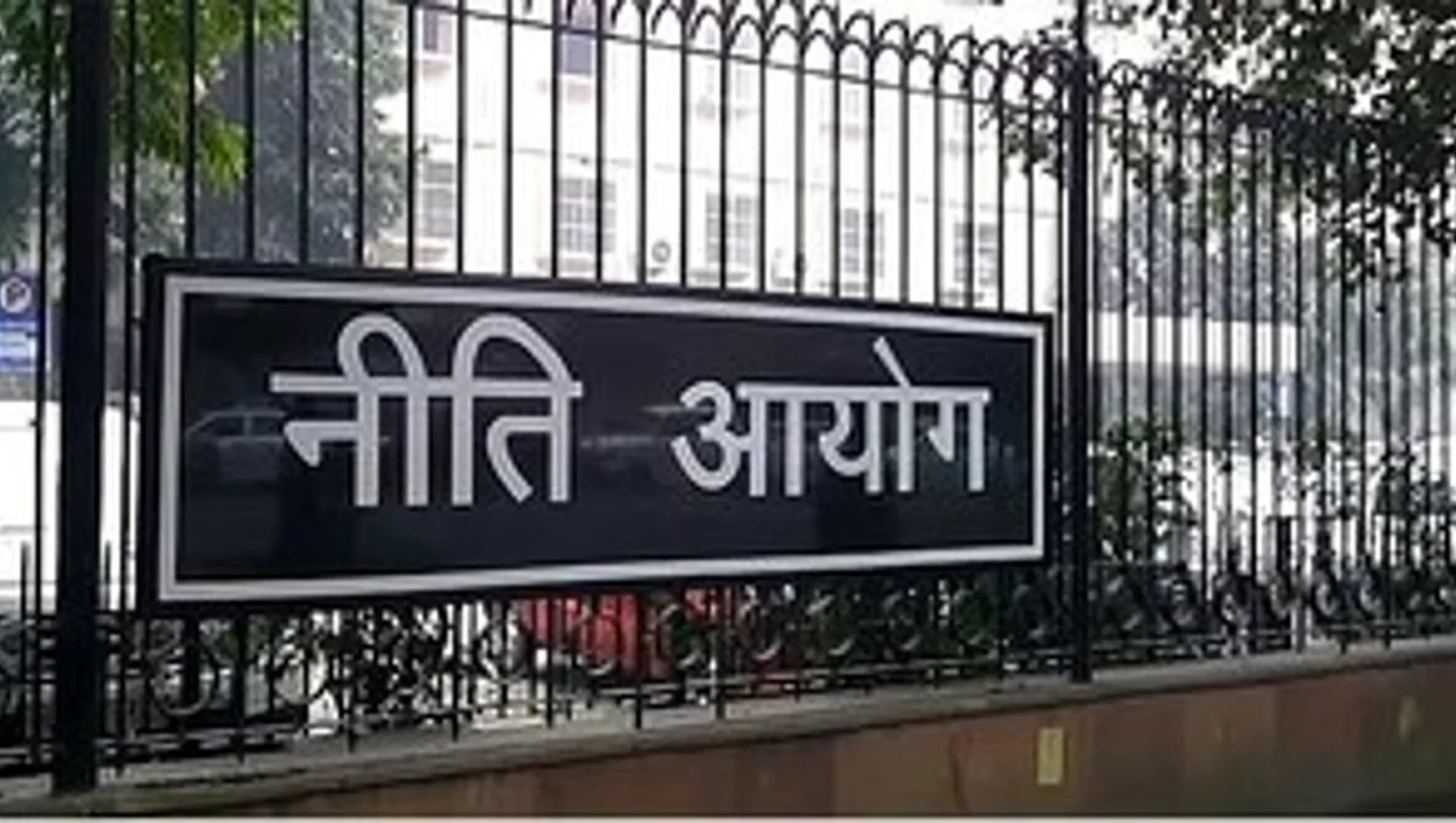
India's Niti Aayog Proposes National EV Policy for 30% Sales by 2030
Niti Aayog calls for a national electric vehicle policy as India aims for 30% EV sales share by 2030, highlighting significant challenges ahead.
| 2025-08-05

Hamas vows not to lay down arms until Palestinian state established
Hamas refuses to disarm without a Palestinian state, complicating ceasefire talks with Israel as humanitarian conditions in Gaza worsen.
| 2025-08-03
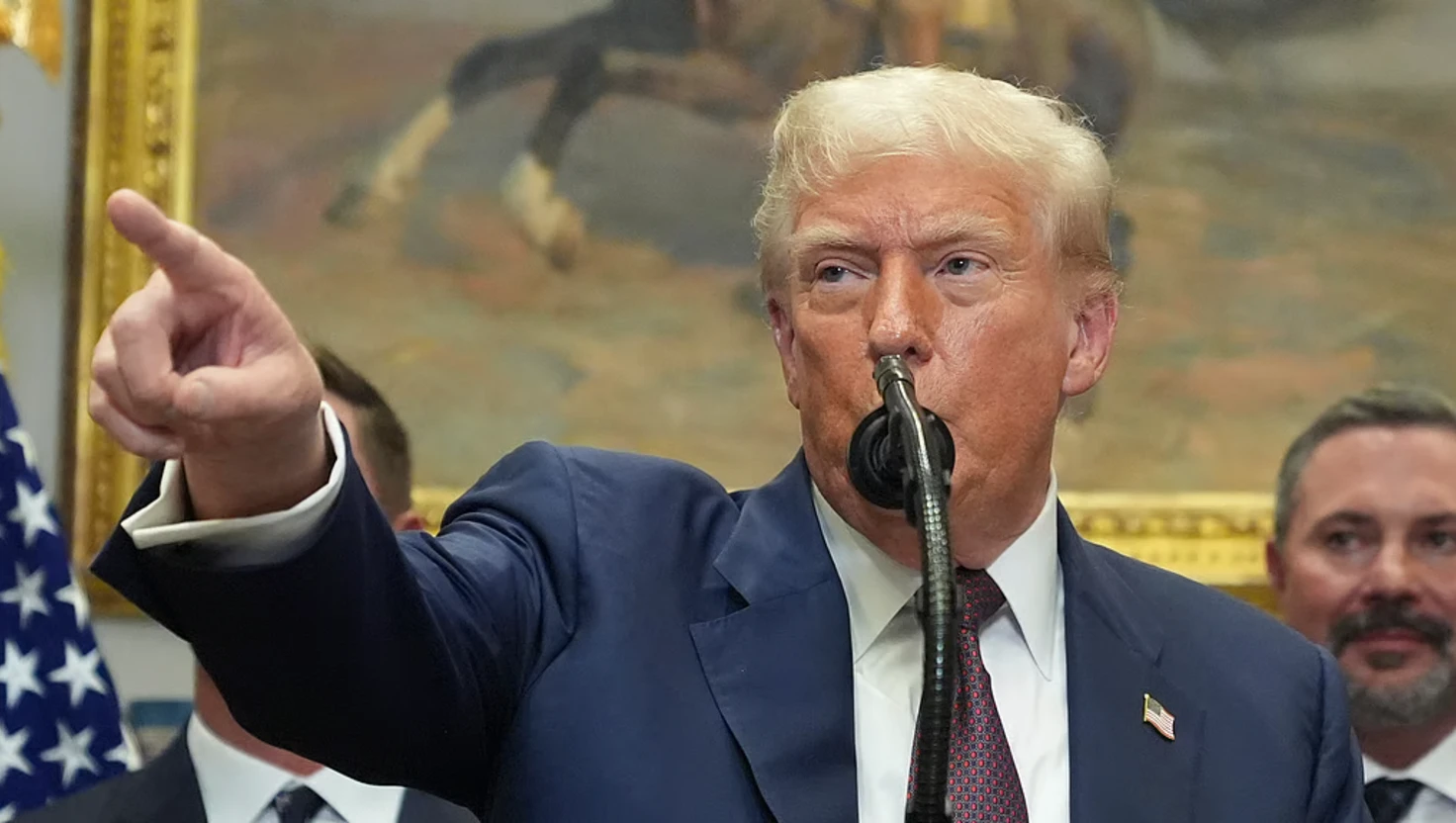
US Imposes 25% Tariff on India as Trump Reshapes Global Trade Duties
The United States has announced a 25% tariff on Indian exports starting 7 August, as President Trump unveils sweeping trade duty revisions for nearly 70 countries.
| 2025-08-02
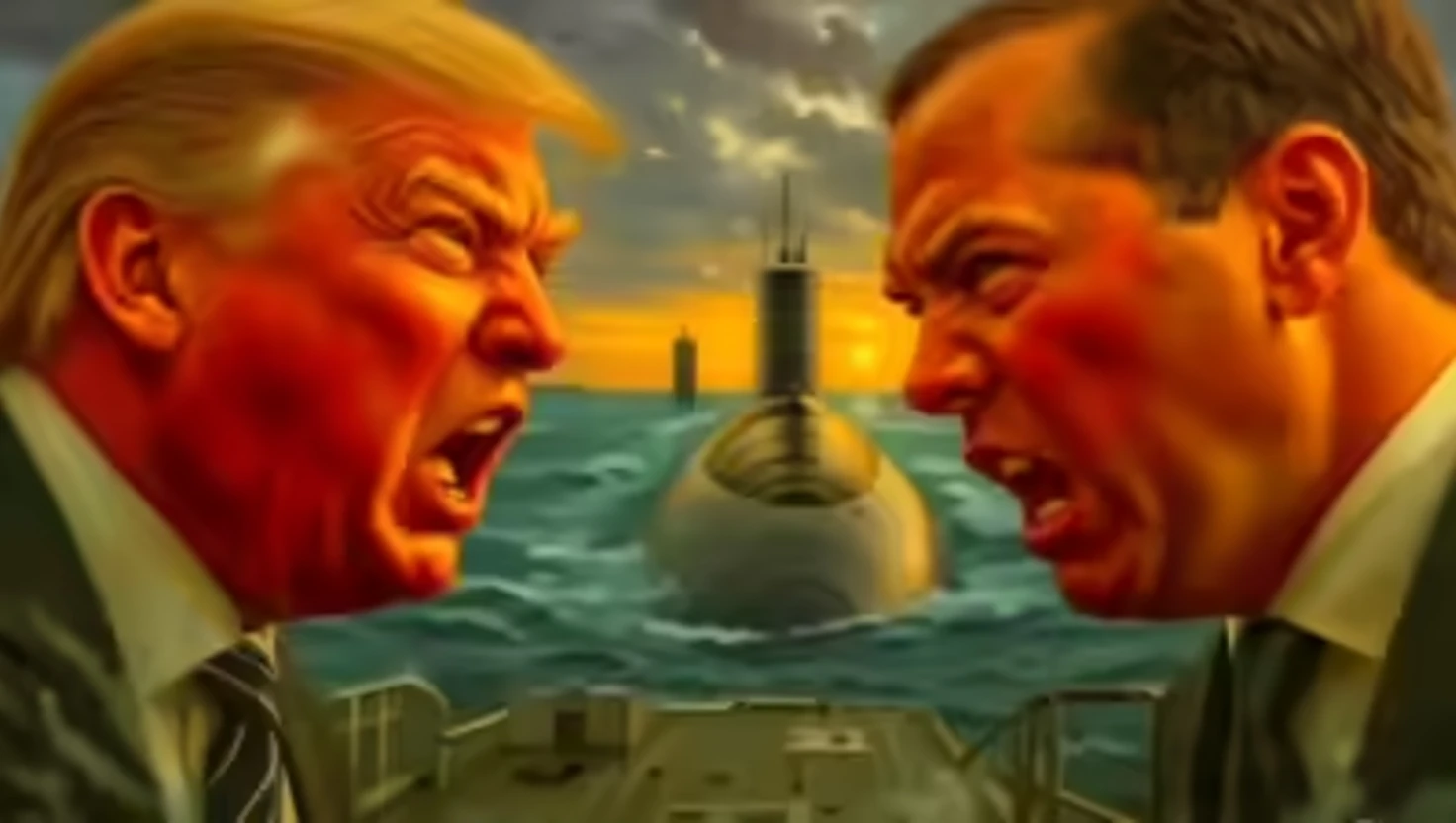
US Deploys Nuclear Submarines After Trump Warns Russia’s Medvedev
The US has deployed two nuclear submarines following remarks by Russia’s Dmitry Medvedev, which President Trump called “highly provocative.”
| 2025-08-02
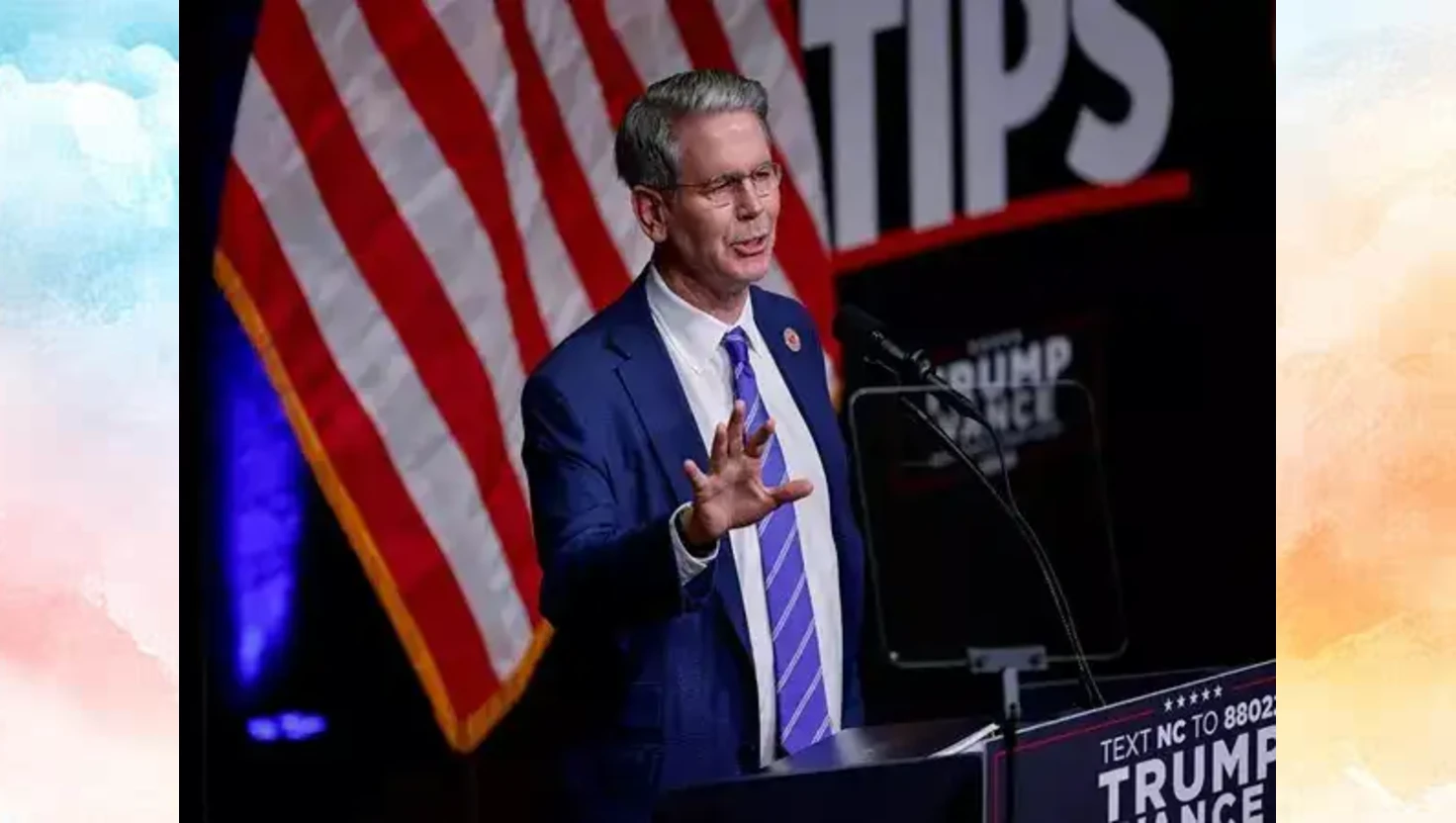
India has not been great global actor, says US Treasury Secretary
The United States will impose a 25% tariff on Indian imports from 1 August amid stalled trade talks and concerns over India’s ties with Russia.
| 2025-08-01




